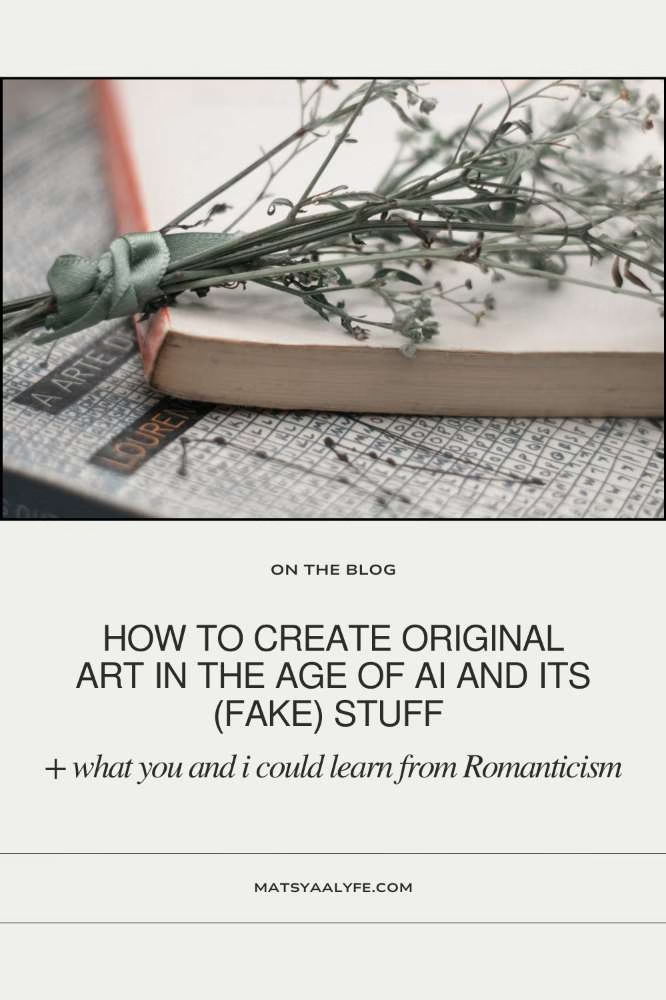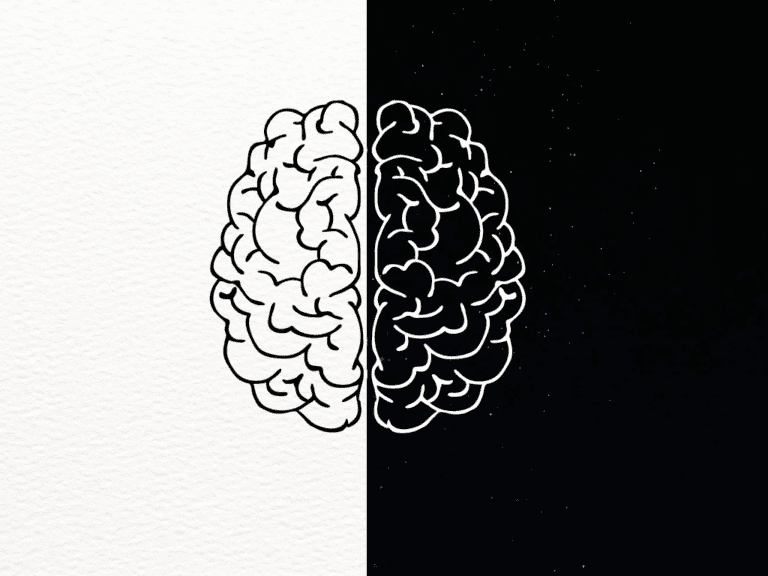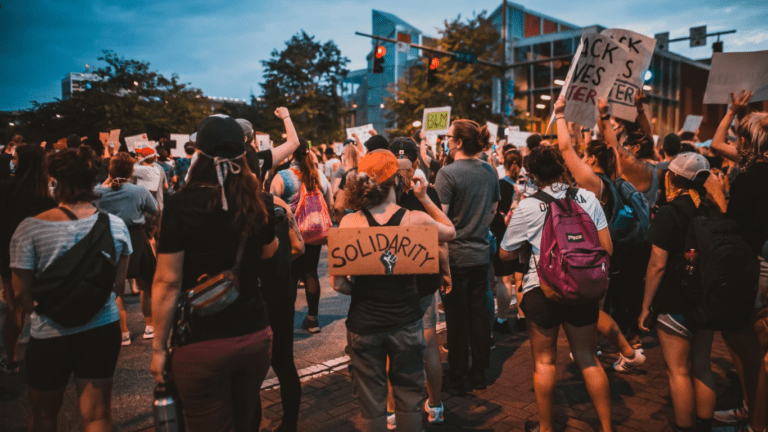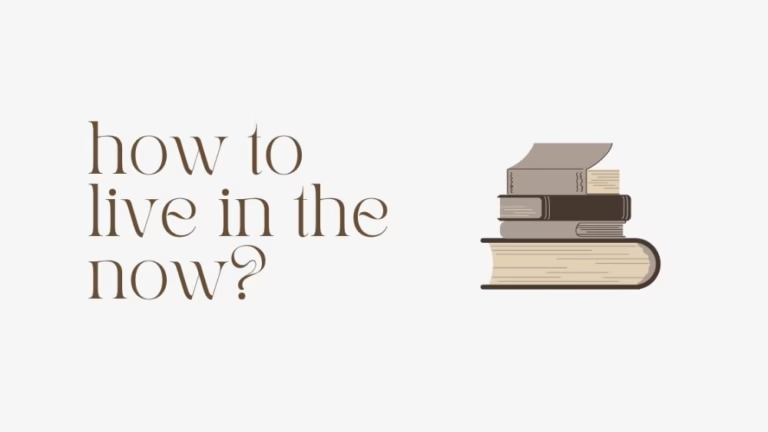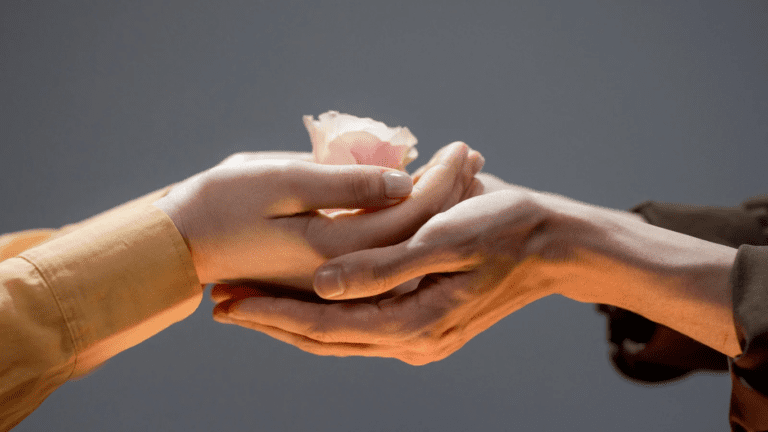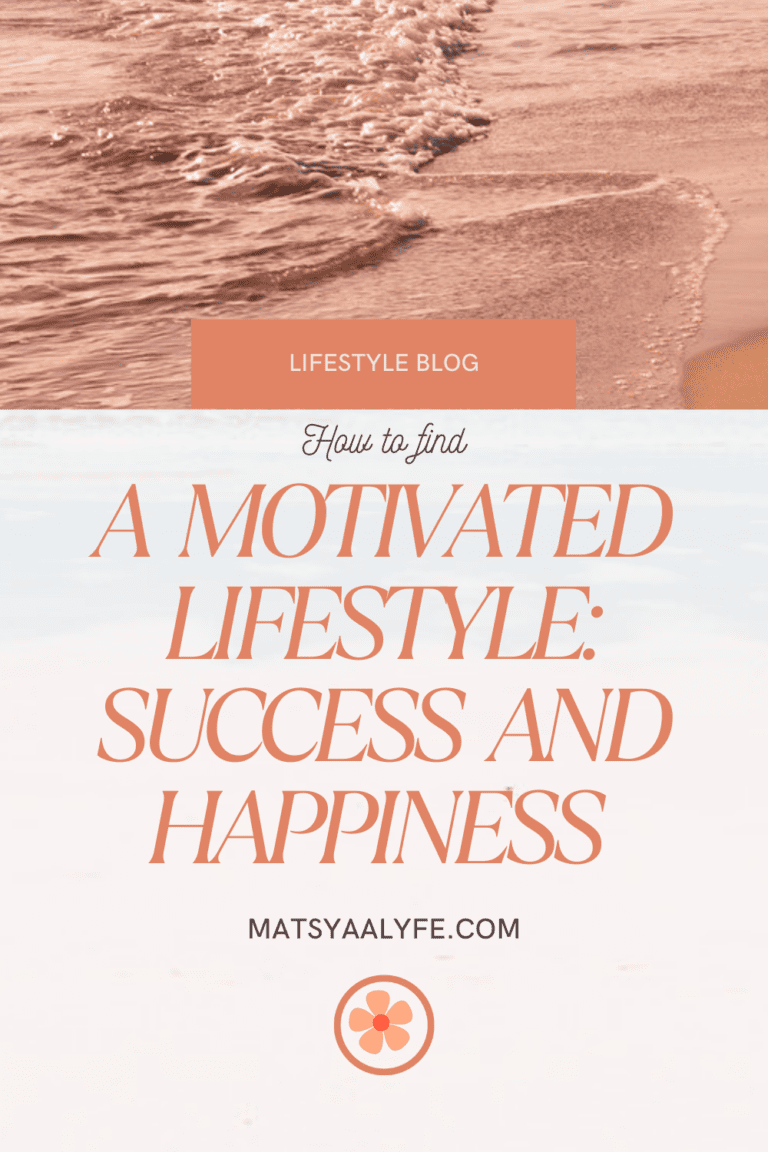As Artists, How To Be Original & Create Something So ‘You’?
“I must Create a System or be enslav’d by another Man’s
I will not Reason & Compare: my business is to Create.”
-William Blake, Jerusalem: The Emanation of the Giant Albion
There are a lot of copies going around in the market.
Rip-offs, counterfeits that people (and machines) pass off as their own just because they believe they have the right, and the intelligence (hah!)—to give a twist to the original and create something better. (In your dreams, ChatGPT—oh, right, you can’t dream, sorry!)
Chances are, if one keeps doing this, one can easily forget how to be original.
That’s why, to save humanity from the evils of stupidity and inanity, we gotta turn our approach around and try to look for answers the other way.
In living my life, I’ve been very adamant on going back to the basics lately. I don’t like the way…I don’t know how else to say it…the way we’re developing as humankind right now. I just don’t like it. I don’t believe all this evolution is happening necessarily in the right direction. Sure, call me pedantic, call me a simpleton.
What do I even mean by basics?
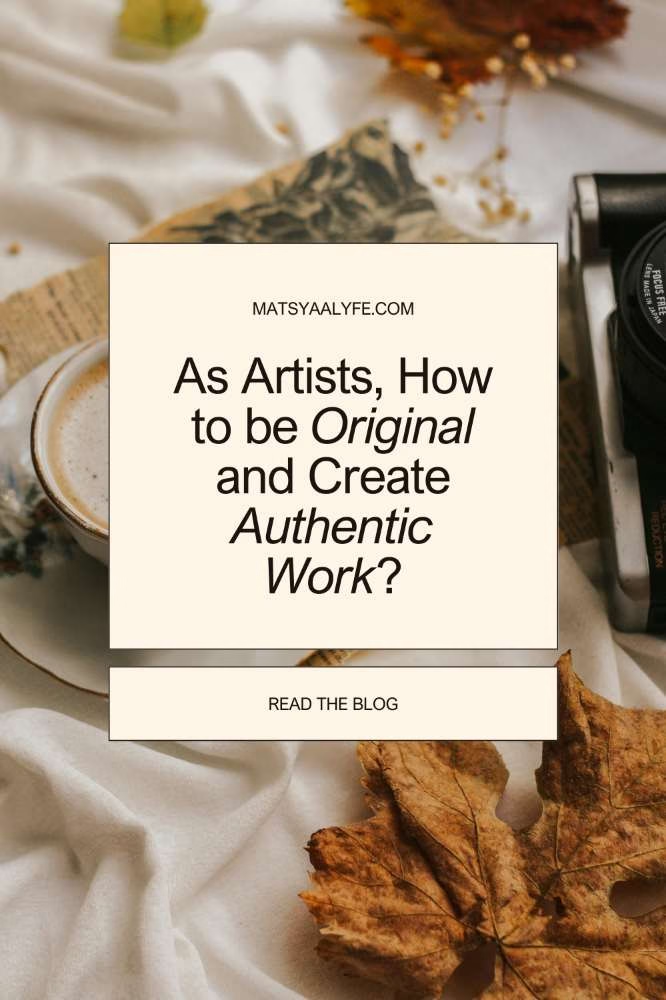
Table of Contents
Let’s Think Romantic
Uhh, let’s just go back to Romanticism.
Romanticism, as some particular critics have advanced, was not really an age or an era—but it was rather a state of mind. And that means that I could develop that state of mind right now in the twenty-first century. I could save myself. Whoohoo!
And I could live according to those ideals and be romantic as hell like the poets were, and believe that my soul is made up of stardust, and it’ll all probably be true.
Where did this post come from?
I was just reading Roots of Romanticism by Isaiah Berlin and Henry Hardy the other day; it’s a collection of edited transcripts of the lectures that he gave in 1965, at the National Gallery of Art, Washington, DC. If you want to know what people were like during the Romanticism, how they lived their lives, and how they documented their lives and what exactly was going on, this is a beautiful resource. You won’t even feel like you’re studying something, that too, such a big revolutionary era in literary history. It’s poetry, his language.
Now, when we study Romanticism right now, we feel like it’s a huge time period where a lot of revolutionary changes took place and people’s way of living lives changed, but we also believe—owing to the name—that there must be something so…magical, for want of a better word…that lived in people’s minds and their thoughts and ultimately descended onto the page in front of them. What else could make way for the poetry of Wordsworth, Shelley, Blake, to name just a few?
But when talking about such revolutionary changes in history, we often forget that there’s a whole tidal wave behind them. What exactly were people feeling at that time? Uncertain? Scared? Angry at the technologies that seemed alien and terrifying then (but are very commonplace now)? Anxious regarding what this change would bring?
We exalt Romanticism to a revolution that brought the world closer to the kinds of philosophies and thoughts and laws that our civilization has right now. But it was also the time French Revolution set its foot in, and various Industrial Revolutions, and there were battles being fought and people getting killed. How is that exactly the Golden Age that people attribute to Romanticism?
Percy Bysshe Shelley said about French Revolution being the “master theme of the epoch in which we live”. That at least establishes how monumental the shift would’ve been, for someone to write about it using these terms, even though Shelley was not an active participant of the Revolution.
What characteristics exactly should we attribute to that era? Obviously, you probably know by now that that question can’t be answered so easily.
Creating Something Indispensably You
In his second lecture, The First Attack on Enlightenment, Berlin says, “The business of the painter is not simply realistically to reproduce what is there […as] this merely populates the world with a number of copies of entities which originally had no need to be there”.
This is precisely what I want to write about in this post—creating something indispensably you, being original, bringing your own knowledge and wisdom and life experience to the table to contribute to becoming one of the few originals left in a world that’s increasingly trying to copy others’ stuff and pass it off as their own.
If I want to find an answer and I can’t look for it in today’s world, in today’s thought-processes, today’s automation, then…I’ll just go back to the very basics of humanity, the very first ideas, the very first developments in people’s philosophies. No, I’m not talking about Ancient Greece, I’m not exactly sure where and for how long I’d have to look to find relevant answers in those great texts written by great minds, I’m talking only a few centuries back. Romanticism. I’m reading Romanticism and trying to learn how to be original and authentic now.
Why am I trying so hard?
I like to think that since I’m a 19-year-old girl who reads Woolf, I can survive anything.
Virginia Woolf, though, in fact did not survive everything, but had her own share of troubles and tribulations in life that were preventing her from achieving her true purpose. If you want to read more about her, I wrote a post on her remarkable life and her theory of feminist literary criticism.
Back to the good old Romanticism. How do we bring back the ideals of Romanticism right here, right now? Living life the way it’s meant to be lived, not giving as much importance to efficiency (it has its own place, okay, but it’s not everything, and originality definitely can’t be bargained away) and what’s more, the significance we give to efficiency and workflows is more than what we give to our own artistic qualities and fulfillment of our dreams and wishes and purpose.
Before answering that question, we again refer back to Berlin’s lectures and try to define (seemingly impossible as it is) what exactly is meant by Romanticism.
Isaiah Berlin on Romanticism (Warning: Highly Poetic)
Reading this will make you nostalgic for a time you haven’t even lived. Reading this will make you want to drop your phone, abandon your WIPs, and go sit inside a Gothic castle to write poetry that’s dangling between ecstatic and borderline depressing.
“The values to which [the Romantics] attached the highest importance were such values as integrity, sincerity, readiness to sacrifice one’s life to some inner light, dedication to some ideal for which it is worth sacrificing all that one is, for which it is worth both living and dying. […] [T]hey were not primarily interested in knowledge, or in the advance of science, not interested in political power, not interested in happiness, not interested, above all, in adjustment to life, in finding your place in society, in living at peace with your government, even in loyalty to your king, or to your republic. You would have found that common sense, moderation, was very far from their thoughts. You would have found that they believed in the necessity of fighting for your beliefs to the last breath in your body, and you would have found that they believed in the value of martyrdom as such, no matter what the martyrdom was martyrdom for. […] What people admired was wholeheartedness, sincerity, purity of soul, the ability and readiness to dedicate yourself to your ideal, no matter what it was. No matter what it was: that is the important thing. […] Anyone who really knew, supposed themselves to know, the truth […] would have known that persons able to put the whole of themselves into the theory and practice of falsehood were simply dangerous persons, and that the more sincere they were, the more dangerous, the more mad.
[…] Romanticism is the primitive, the untutored, it is youth, the exuberant sense of life of the natural man, but it is also pallor, fever, disease, decadence […] It is the confused teeming fullness and richness of life – Fülle des Lebens – inexhaustible multiplicity, turbulence, violence, conflict, chaos, but also it is peace, oneness with the great ‘I Am’, harmony with the natural order, the music of the spheres, dissolution in the eternal all-containing spirit. It is the strange, the exotic, the grotesque, the mysterious, the supernatural, ruins, moonlight, enchanted castles, hunting horns, elves, giants, griffins, falling water, the old mill on the Floss, darkness and the powers of darkness, phantoms, vampires, nameless terror, the irrational, the unutterable. Also it is the familiar, the sense of one’s unique tradition, joy in the smiling aspect of everyday nature, and the accustomed sights and sounds of contented, simple, rural folk – the sane and happy wisdom of rosy-cheeked sons of the soil. It is the ancient, the historic, it is Gothic cathedrals, mists of antiquity, ancient roots and the old order with its unanalysable qualities, its profound but inexpressible loyalties, the impalpable, the imponderable. Also it is the pursuit of novelty, revolutionary change, concern with the fleeting present, desire to live in the moment, rejection of knowledge, past and future, the pastoral idyll of happy innocence, joy in the passing instant, a sense of timelessness. It is nostalgia, it is reverie, it is intoxicating dreams, it is sweet melancholy and bitter melancholy, solitude, the sufferings of exile, the sense of alienation, roaming in remote places, especially the East, and in remote times, especially the Middle Ages. […] It is, in short, unity and multiplicity. It is fidelity to the particular, in the paintings of nature for example, and also mysterious tantalising vagueness of outline. It is beauty and ugliness. It is art for art’s sake, and art as an instrument of social salvation. It is strength and weakness, individualism and collectivism, purity and corruption, revolution and reaction, peace and war, love of life and love of death.
Doesn’t Romanticism sound like such a happy dream?
Doesn’t it sound like something where you could be yourself and create something totally yourself and not have to worry about anything or anyone? Sure it does. It sounds like heaven.
But—we established that wasn’t the case. We might think that the people in Romanticism were living such beautiful lives, but there were a lot of social issues, political instability, technological developments at the cost of human worth—all that stuff going on. So, even if we might believe we want to live in an era like the one that was Romanticism, we probably don’t yet know what we’re talking about.
The question, obviously, remains the very same. How exactly, as artists, do we remain original? What exactly is being original and how can we achieve that state where everything we create remains authentic and…unprecedented…and how can we—in such changing times—become irreplaceable? That should be a keyword.
There’s all this huge discussion about ChatGPT coming for your jobs, whether your jobs can be automated—like call centers, and…the like—or whether they can’t—the “thinking jobs” i.e. writers, artists, designers. Whatever you do, some AI model someone’s building out there might replace you.
I call bullshit on that.
Let us take the optimistic view on this issue and we’ll see how we might not have to worry as much as we are. Or maybe…I’m delusional, who knows, who cares?
I inherently believe humans have, always will, have an edge over AI, or any other machine, for that matter. Particularly because we are very irrational beings. That’s exactly where Romanticism comes into the picture.
Enlightenment, the age that preceded Romanticism, was characterized by the primacy given to reason and rationality and the sciences.
Romanticism, or at least the Romantic writers, for that matter, took a completely different approach towards life. For them, life wasn’t just meant to be navigated through like it was a puzzle that has a pre-coded solution. For them, as Isaiah Berlin explains, life was beauty, and danger, and sublimity and terror, and ecstasy and art, and dark Gothic buildings and…and the Wanderer above the Sea of Fog. What else?
Life was everything. And above all, life was hugely imperfect. Life was hugely uncertain, unpredictable.
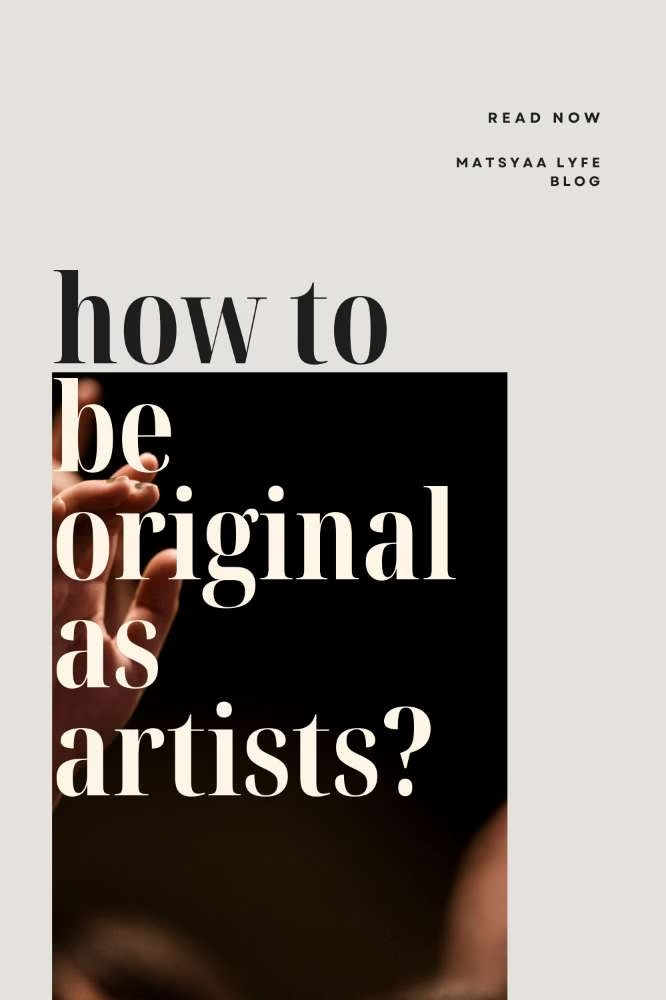
Competing with AI
Machines know the answer to everything. That’s precisely where I prove to be smarter than these machines. Because—I don’t, in fact, know the answer to everything. I don’t, I simply won’t. I’ll never be able to achieve true wisdom, and, true enough, so won’t you.
We’re doomed. But I’m looking forward to the sunset today, I have a feeling it’ll be beautiful.
On top of this imperfect, incomplete intelligence, I also have memories of collecting it. I have memories of learning and getting better at my craft, and memories of everything I did to get here at this point in my life. Machines know everything and have no recollection of ever getting to know it.
What are we doing competing with something that doesn’t even have consciousness, whose consciousness is completely a rip-off from the consciousness of data scientists who’ve manufactured it and all the fricking history that’s been documented and is accessible on records online.
You don’t need to compete with machines. It’s like completely ignoring your own human authenticity and your…humanness. What gives you an edge over machines is that you’re not perfect, you don’t know everything, you don’t know if your effort or work will even be recognized. You don’t know. So liberating, right?
Do I sound very simplistic, very optimistic in this whole scenario? I plan to be. Not just because it’s a matter of hope, but because I truly do believe that amazing things will happen if you—you, you beautiful mess of a human, having come down from centuries to be here, having been made by nature and the love of thousands before you—just let go of the fear and the anxiety of trying to compete with something artificial, something human-designed.
When we look at life this way, we realize that we actually have all these edges over machines which we could use to come out of these changing times and challenges, unbeaten, undaunted.
How to Be Original?
Stepping away from this discussion on machines and stuff now, let’s just go back to the good time of Romanticism and try to analyze more what kind of writing or craft or art is one supposed to make to be able to find their own peace and happiness and authenticity. Long story short, how to be original?
There’s an amazing book European Romanticism Self-Definition, an anthology compiled by Lilian R Furst (Methuen & Co Ltd, 1980). The focus of the compilation, as the author states in the Preface, is to see how the Romantics themselves saw their own movements and characteristics and ideals. How would they define themselves? That focus drives us away from trying to place Romanticism in today’s era and instead makes us travel back along with the author to the 18th and 19th centuries in Europe and see for ourselves how they were reacting to all the developments happening in their world.
What’s more captivating about this particular book is that it begins with a very beautiful idea:
The world must be romanticised. So its original meaning will again be found. To romanticise is nothing more than an exponential heightening. In this process the lower self becomes identified with a better self. […] By investing the commonplace with a lofty significance, the ordinary with a mysterious aspect, the familiar with the prestige of the unfamiliar, the finite with the semblance of infinity, thereby I romanticise it.
–Fragmente des Jahres 1798, Gesammelte Werke.
Just one of the many thought-provoking ideas developed during the Romanticism and provided in this book.
The Romantic Survival: A Study in Poetic Evolution, by John Bayley is another book analyzing the Romantic era and all chapters are actually titled in dichotomies. The first chapter of this collection, “Annex or Survive?” has the little idea of…
“…those old-fashioned spirits for whom Romance is always located at a distance from the realities of life; for whom distance lends enchantment to the view, and the real longing is always for what is lost or unattainable. […] [Romance] is not an affair of the nostalgic yearning and the backward look, sailing ships, knights in armour and the Golden Age.
There was a moment envisaged by Wordsworth when he said: “If the time should ever come when what is now called science, thus familiarised to men, shall be ready to put on, as it were, a form of flesh and blood, the Poet will lend his divine spirit to aid the transfiguration, and will welcome the Being thus produced, as a dear and genuine inmate of the house of man.”
Doesn’t that sound eerily familiar to what humanity is striving for right now, to give a level of consciousness to machines that they “claim” would equal humans? Did Wordsworth, and countless others like him, when writing about their changing times, actually end up also penning down something that centuries later the new generations would be resonating so much with?
They were living in times where they did not have as much ease right at their fingertips as we do now. Science and medicine and efficient techniques weren’t developed so much yet. Humanity was trying to make sense of it all, something that we’re still doing, and will probably always continue to. But what I want to draw your attention to is how all these poets—and ultimately, humanity at large—carved their way out of the instability to find their footing again. It was an epoch that saw its own good times and its own hard times too. And yet, the world, as a whole, only rose up in the quality of life.
They battled their own times by creating original stuff and getting closer to nature and getting closer to their own selves, even in the face of daunting Revolutions and wars. Why can’t we do that too?
Finally, let’s not forget what Wordsworth said, about the French Revolution.
Bliss was it in that dawn to be alive,
But to be young was very heaven!–The French Revolution as It Appeared to Enthusiasts at Its Commencement, William Wordsworth.
But if you’re struggling with not being clear and not being able to stand your own ground when it comes to creating art and your own path in these changing times, just remember how even the Romantic poets were praised by some, critiqued by many. Ranging between these two extremes are a variety of emotions, and we find all of that in our literature.
There’s nostalgia.
changed, no doubt, from what I was when first
I came among these hills
…
I cannot paint
What then I was.–Lines Composed a Few Miles above Tintern Abbey, On Revisiting the Banks of the Wye during a Tour. July 13, 1798, William Wordsworth.
There’s critique, harsh critique.
“Shelley, the poet of some infidel poetry has drowned; now he knows whether there is a God or not.”
-An anonymous writer in a Tory newspaper at Shelley’s death.
There’s admiration.
I have never been able to get away from Wordsworth for any length of time.
-Geoffrey Hartman, Introduction to The Unremarkable Wordsworth.
There’s desolation and loneliness.
That look [on Keats’ face] was more than we could ever bear — the extreme brightness of his eyes — with his poor pallid face — were not earthly.
-Joseph Severn on being with Keats during his death, The Keats Circle
There’s hope for something better after all of this, there’s appreciation.
Keats was indeed a fine genius — too finely tuned for the gross dampness of our atmosphere, the instrument breaking with its own music. As singers sing themselves out of breath, he sang himself out of life.
-Elizabeth Barrett Browning, in a letter to Benjamin Robert Haydon
There’s individuality, a retreat into the self.
I may not hope from outward forms to win
The passion and the life, whose fountains are within.–Dejection: An Ode, Samuel Taylor Coleridge.
And then, finally, there’s life.
There was never any more inception than there is now,
Nor any more youth or age than there is now,
And will never be any more perfection than there is now,
Nor any more heaven or hell than there is now.–Song of Myself, Walt Whitman
Takeaways? To remain original, remain humane. Write your life story, no one else has ever lived it, no one else ever will. Create the best, most honest thing you can, one that only you can. That’s where your pursuits lie, not in satisfying or expressing someone else, but in satisfying and expressing yourself.
I like to believe people in Romanticism lived wild lives, beautiful, dangerous, terrific lives.
I like to think that’s what creates the best art, in fact.
